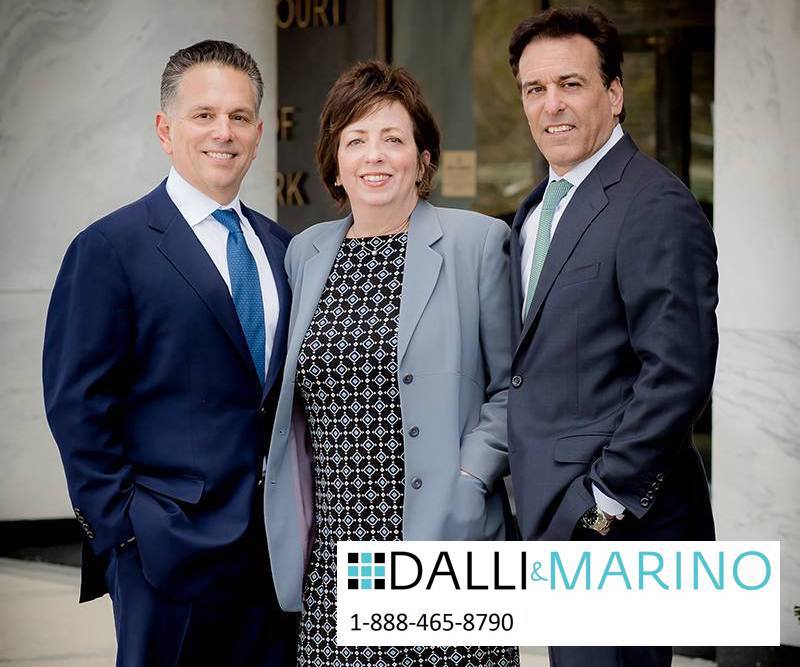A recent study by The Journal of The American Geriatrics Society found that 75% of nursing home residents had been subject to at least one potential medication error.
Senior citizens are living longer with the help of prescription medications, often taking five or more drugs per day. But the possibility of being prescribed inappropriate meds rises as the quantity of prescriptions increases. And those hazards can multiply in a nursing home environment.
“Unfortunately, when a nursing home is managing the care and medication for hundreds of residents, errors can be made. Particularly if the facility is short-staffed,” said John Dalli, a partner in the law firm Dalli & Marino, LLP. “A medication error can refer to a drug prepared in the wrong fashion, administered incorrectly, or managed differently than instructed by a physician or pharmacist.”
What Are Some Common Medication Errors In A Skilled Nursing Facility?
The range of medication errors in a nursing home differs widely. On one hand, they can be minor, such as administering a drug that expired a couple of days prior, or not feeding a patient whose medication requires that it be taken with food. On the other hand, more serious errors can include giving a medication to the wrong patient or prescribing a drug that interacts negatively with a medication the patient is already taking.
Why Do So Many Medication Errors Occur?
Many factors influence how a patient receives a prescribed medication in skilled nursing facilities. Errors can happen when any single one of those factors goes awry in supply, dispensing, overall information, administration or training. Specifically:
- Failure to monitor proper dosage
- Transcription error or illegible handwriting
- Inadequate or improper training of nursing staff
- Short staffing, leading to overworked employees
- Confusing medication names or product labeling
- Insufficient information about the drug and how to administer it
- Incorrect dispensing by the pharmacy or unavailability of the drug
Who Is To Blame For Medication Errors In A Nursing Home?
Medications most likely pass through many hands before they are given to patients in nursing homes, multiplying the possibility for errors:
- The nursing home facility itself may be liable if they fail to have clearly stated procedures and comprehensive training for all employees, in addition to the nurse or caretaker who administered the medication.
- Physicians who prescribe the drugs may be negligent if they fail to consider potential negative drug interactions
- Pharmacists who make mistakes in measuring and distributing the medication may also be negligent
If I Suspect They Are Mismanaging My Parent’s Medications, Who Should I Contact?
Many people can help you approach the problem, depending on the situation. If you trust your loved one’s physician or nursing home supervisor, you can talk to them about the employees who manage daily medications. If your relative is cognizant and aware, they may be able to give you information. Alternatively, you may file a complaint through the grievance system at any Medicare/Medicaid-certified nursing home. Or you can contact one of the many government agencies in place to protect elder abuse victims such as Adult Protective Services who will assign a case manager. You may also call 911.
Contact Nursing Home Abuse Attorneys Dalli & Marino
Since medication errors are not always considered nursing home abuse because they may not be intentional, it is advisable to speak with legal counsel to determine the best court of action. Our firm has worked extensively on such cases and can help support you through the investigation and litigation process.
 Since 1999, Dalli & Marino has helped families recover millions of dollars in cases of neglect at nursing homes or other elder care facilities. Our team serves Suffolk and Nassau Counties (Long Island), Manhattan, Brooklyn, the Bronx, Queens, Staten Island and Westchester County. You can call our office today at 1-888-465-8790 [Toll-Free] or complete the CASE EVALUATION FORM on our Contact Page.
Since 1999, Dalli & Marino has helped families recover millions of dollars in cases of neglect at nursing homes or other elder care facilities. Our team serves Suffolk and Nassau Counties (Long Island), Manhattan, Brooklyn, the Bronx, Queens, Staten Island and Westchester County. You can call our office today at 1-888-465-8790 [Toll-Free] or complete the CASE EVALUATION FORM on our Contact Page.
